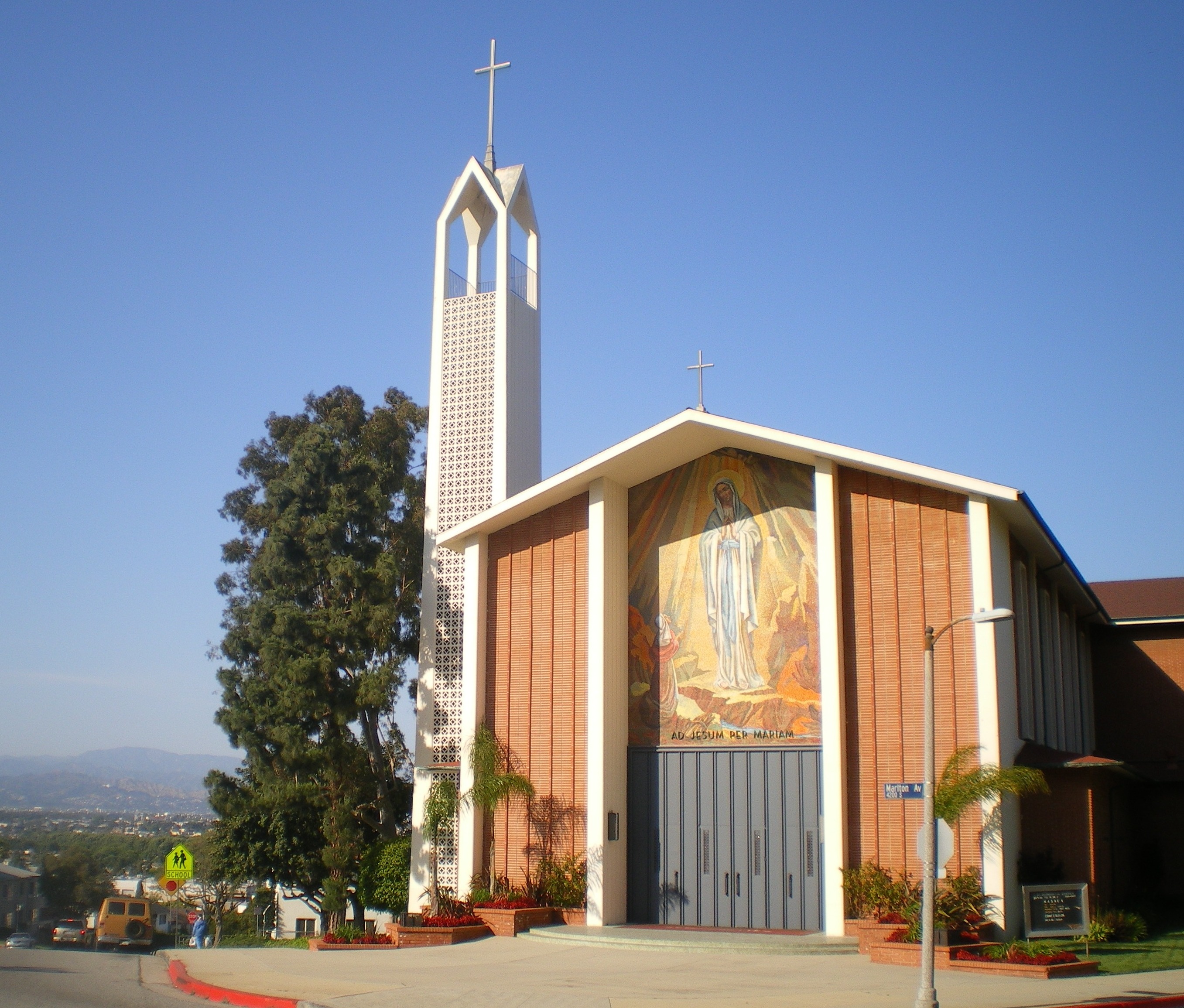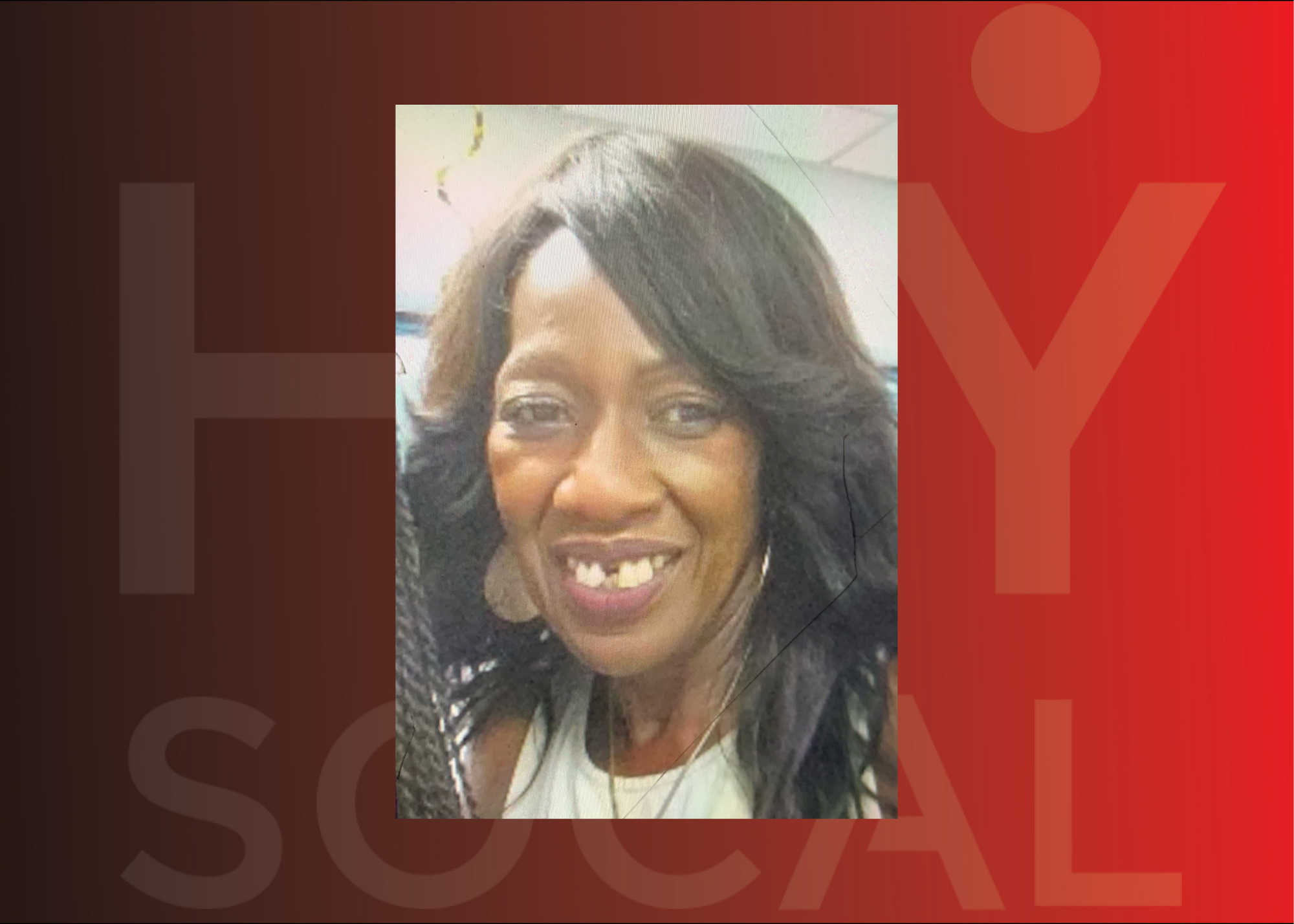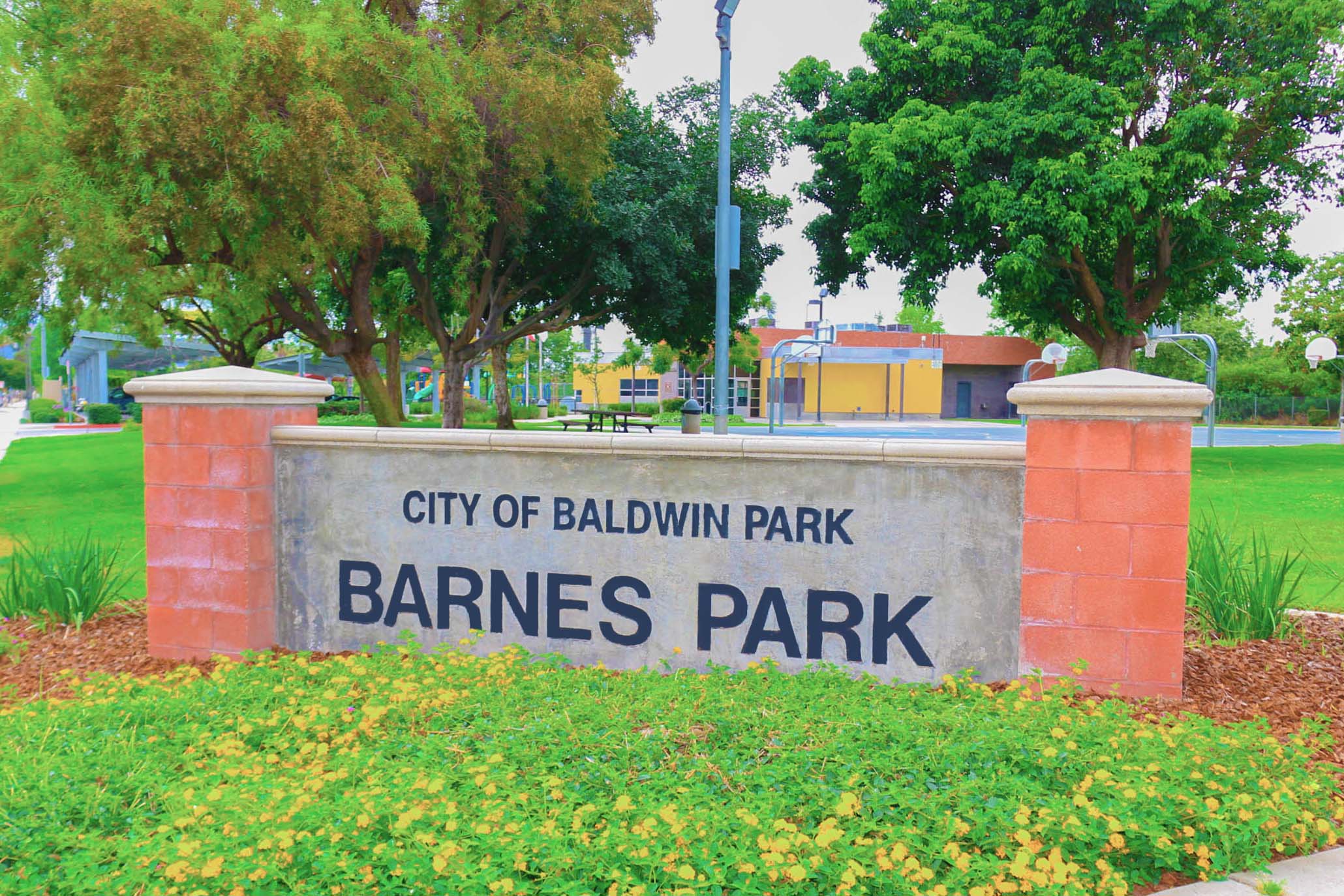Saying it wants to correct four years of inaction by the Los Angeles Unified School District regarding denial of federal Title I services for historically eligible low-income students attending Catholic schools, the Archdiocese of Los Angeles is suing the nation’s second-largest school district.
In the Los Angeles Superior Court petition brought Thursday, the archdiocese stated it had no choice but to pursue a legal remedy on behalf of students and families who have been harmed in communities such as Watts, South and East Los Angeles.
In 2018, a disagreement arose between the LAUSD and the archdiocese over how to calculate which Catholic schools qualify. The archdiocese maintained the district abruptly changed the process, sometimes more than once in a year, then excluded every school where paperwork was considered deficient.
The petition seeks a court order directing the district to “engage in timely and meaningful consultations with (the archdiocese) regarding the process by which the (archdiocese) schools’ Title I allocation was calculated.”
An LAUSD representative said Saturday that the district has not yet been served with the suit.
The archdiocese filed an administrative complaint with the California Department of Education in September 2019 after the LAUSD blocked all but 17 of more than 100 previously eligible Catholic schools from receiving federal Title I services, which assist underperforming students with vital instructional services such as math and English intervention and counseling, the petition states.
A CDE report released in June called the LAUSD’s action “egregious,” “totally unreasonable” and “the antithesis of good faith” and directed the LAUSD to establish “timely and meaningful consultation with the archdiocese to rectify any errors within 60 days.”
While the archdiocese has made a good faith effort to settle the dispute with LAUSD, the district has yet to respond to the archdiocese’s proposal to seek a resolution, according to the petition.
“This continues to leave thousands of students in need without the Title I services they are legally entitled to under the federal program,” according to the archdiocese.







